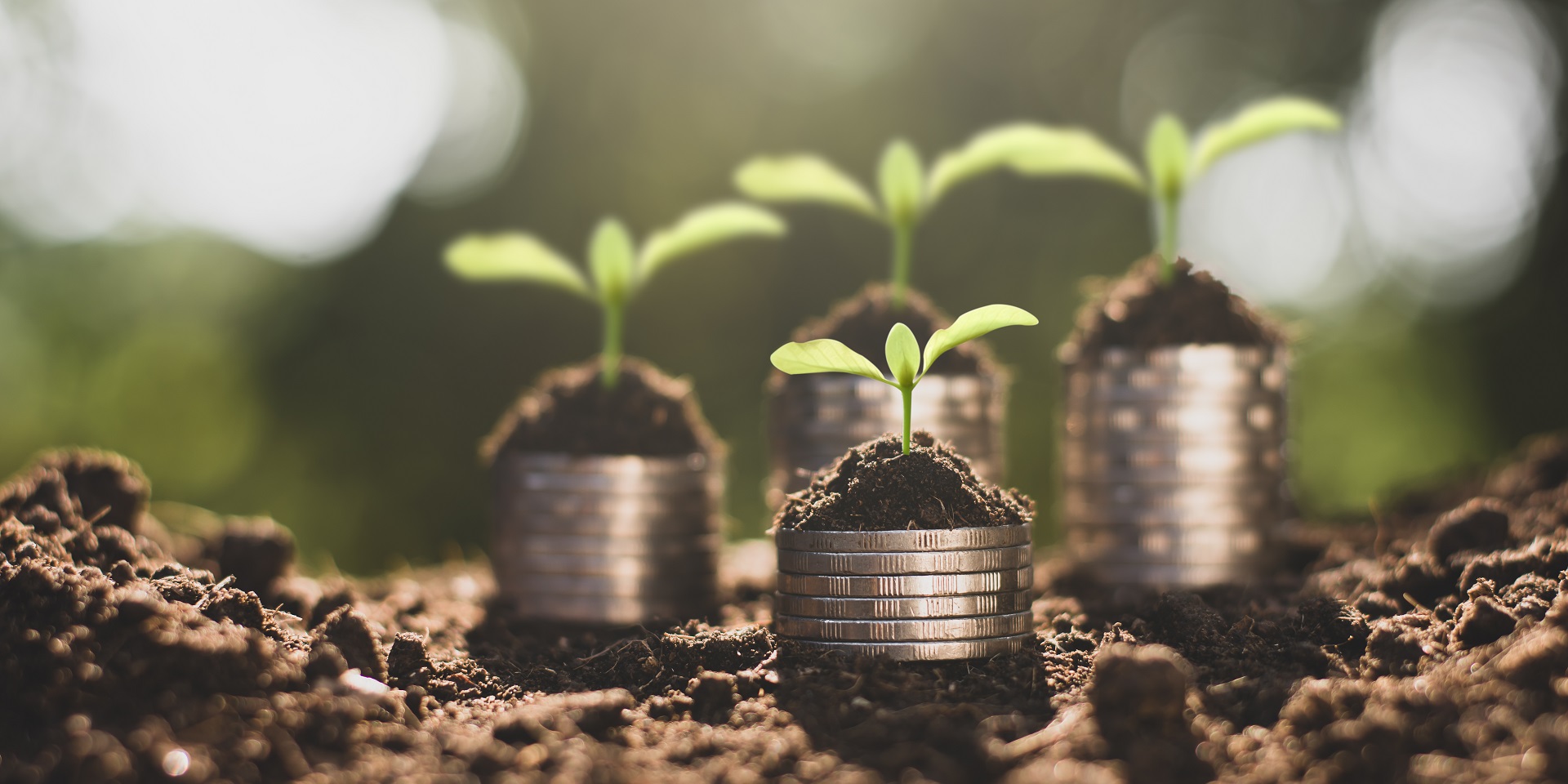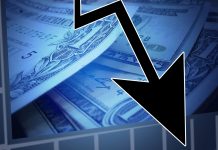We live in an economic system whose main fuel is loans. For this reason, the phrase “a world without credit” sounds far-fetched, to say the least.
It’s similar to saying, 40 years ago, “a world without oil.” However, today, we no longer think like that and try to design a world less dependent on oil. Furthermore, we must admit that loans are indeed fuel for the economy, but, nevertheless, a polluting one.
The first of the polluting effects of lending is precisely that it gives all players on the financial market much easier access to money—money that is not backed in the real economy. The equation is quite simple: suppose I want to buy a house. Taking into consideration the current prices, of course, I can’t afford to buy one. However, I have 25% of its value, and for the rest I go to the bank for a loan.
The bank, in its turn, wants to give as many loans as possible, which is why it will appeal to another, stronger bank to obtain the money that increases its lending power. The latter will do the same, calling on a higher bank. This way, a chain is created that ends at the central bank, the one that has the ability to give to everyone, because it can issue currency. Thus, through the lending system, the money supply grows without being justified by anything other than the banks’ desire to lend more money, in order to gain more from interest.
The mechanism is simple: more money borrowed means more interest for both commercial and central banks. But a direct effect of the increase in the money supply is the increase in prices.
Normally, no matter how much money there is in the economy, it must cover the total value of goods and services present in that economy. In this context, it is not surprising that once credit enters the market, prices begin to rise exponentially.
Under these conditions, a loan can hardly be considered a facility, as most financial market players call it. Basically, the comfort loans create—that of having access to more money—is, in reality, a mirage, because it also fuels the increase in prices, which puts us in the situation of buying the same product with more money.
There is, however, a facility that loans create: they give us the possibility of having something NOW, by borrowing, that we could have had “a little later, through saving.” Unfortunately, this too is a pseudo-facility. If neither I nor others could get a loan, the prices would be reasonable, and we could, most probably (as older readers may remember) buy an apartment in three to five years of saving.
The loan gives me the asset now, but only to use it. The right to owning the asset is only given at the end of several decades of instalment payments.
Thus, credit offers me the use of an asset for a period of three to five years (the time I would need to save) and asks me, in return, for 25-30 years of instalments—which together represents, due to the interest, three times the value of the apartment. Is this a good deal? And if so, for whom?
On the other hand, credit as a way of life concentrates the economic power in the hands of banks and, in particular, in the hands of central banks. Once the banking system runs into trouble, the whole economy stalls and everyone turns their attention to the central banks.
Another negative aspect of credit is that it encourages and even forms “economic bubbles”. The lending mechanism forces the issuance of fiat currency, based on the idea that the real economy will back this issuance for the duration of the loan. However, this assumption is not generally correct. Because reality cannot be manipulated with money without backing, it is only a matter of time before this “bubble” bursts.
Economists know this and expect the credit market frenzy to periodically burst artificial economic bubbles. In the end, it is not the real capital that is lost in such catastrophic contexts, but only the loans—which were “smoke” anyway. The loans are wiped out, not before the real assets are redistributed into the treasuries of those who hold lending rights over the borrower’s assets. Again, I would ask: is this a good deal, and if so, for whom?
In addition to the pragmatic, material aspects, I am also thinking about the multiple aspects—pragmatic still, but this time also moral—that credit implies. First, credit creates a system in which the increase in prices and the total value of loans brings profit to those who are the holders of interest rights. It is a more subtle kind of a pyramid scheme.
The lending system has many more effects on us than is apparent at a glance focused only on economic aspects. I often wonder: why are we so impatient, so eager to have it all now? Why do our children, even though they are barely 16-18 years old, already dream of being big bosses, neglecting their education and character formation? All too often I see children who from infancy want everything as quickly as possible—be it objects, entertainment, or sexual relations. Everything now, nothing later. Who can measure the effects of a credit world—everything in advance, now—on these children?
Do parents—who are living in debt because they want everything now—still have the moral authority to ask their children to be patient, to wait, for when the time is right? Is it legitimate to ask my child to be patient with money or with sexual relations, in order to first accumulate knowledge and life experience, when I have no patience to accumulate things, and I want everything now, just because I can?
Many times, we blame a corrupt system—which it is—but we forget that we are the ones feeding it, with our desires that we want fulfilled now, overnight. I think if Solomon were alive today, he would probably say over and over: “There is a time for everything.” And perhaps we would come to understand that there is a natural and moral course of life: first we accumulate and then we enjoy what we have.




















